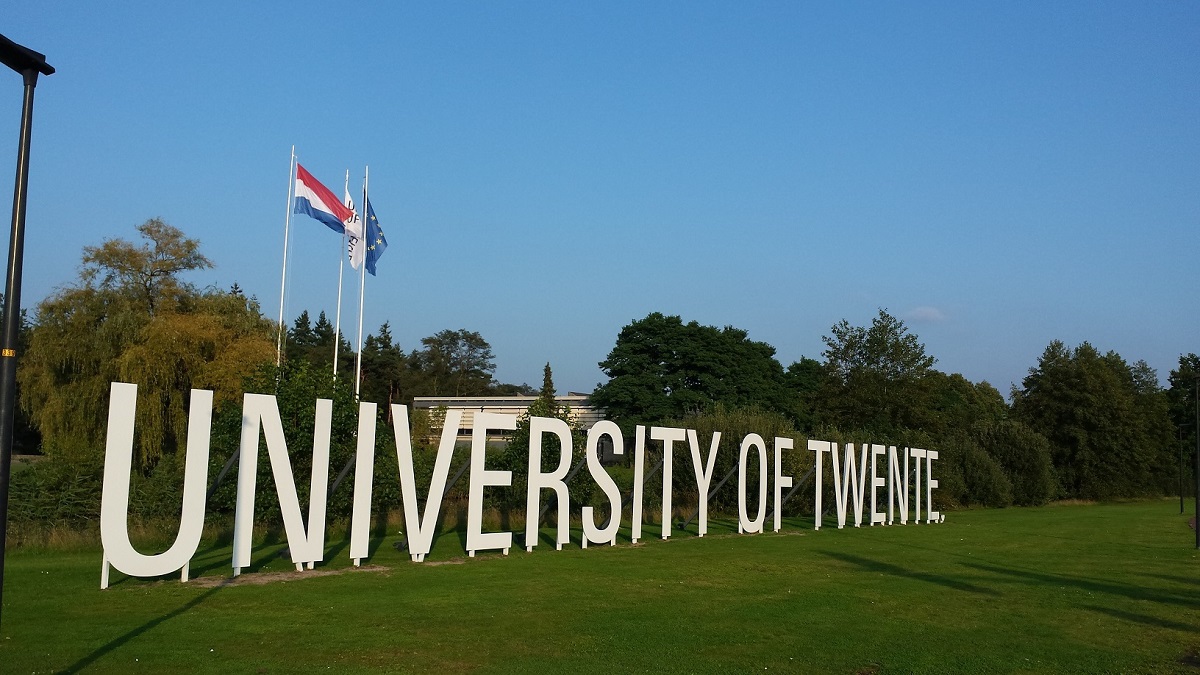PhD Candidate for the
Horizon Europe Project PARATUS
Cloud-based decision tool for managing the systemic risk of compounding disasters
KEY TAKEAWAYS
- HOURS40 hr.
- SALARY INDICATION€ 2,541 – € 3,247
- DEADLINE1 Sep 2022
PARATUS is a four-year project that will start on the 1st of October 2022. The PARATUS consortium encompasses 19 partners from 11 countries: Netherlands, Spain, France, Austria, Italy, Romania, United Kingdom, Turkey, Germany, Poland, and Thailand.
In the PARATUS project, we aim to develop an open-source platform for dynamic risk assessment that allows us to analyse and evaluate multi-hazard impact chains, risk reduction measures, and disaster response scenarios in the light of systemic vulnerabilities and uncertainties. These services will be co-created within a unique transdisciplinary consortium of research organisations, NGOs, SMEs, first and second responders, and local and regional authorities. To gain a deeper understanding of multi-hazard impact chains, PARATUS will first conduct forensic analysis on historical disaster events, augment historical disaster databases with hazard interactions and sectorial impacts, and exploit remote sensing data with artificial intelligence methods. Building on these insights, PARATUS will then develop new exposure and vulnerability analysis methods that enable systemic risk assessment across sectors (e.g. humanitarian, transportation, communication) and geographic settings (e.g. islands, mountains, megacities). These methods will be used to analyse risk changes across space and time and to develop new scenarios and risk mitigation options together with stakeholders, using innovative serious games and social simulations.
You will contribute to the co-development of a web-based simulation and information service for first and second responders and other stakeholders to evaluate the impact chains of multi-hazard events with particular emphasis on cross-border and cascading impacts. We have several sub-objectives: (i) design of multi-hazard impact chains and definition of the quantifiable components. (ii) model population with hazard, exposure and vulnerability data tailored to the specific user. (iii) co-development of future scenarios based on changes in causes (climate change, socio-economic changes), (iv) co-development of planning alternatives and selection of optimal risk reduction options.
YOUR PROFILE
You:
- Should have a strong interest in dynamic disaster risk assessment; development of a web-based simulation
- Have excellent programming skills and experience in GIS and remote sensing, preferably open software applications.
- Have obtained an MSc degree in Environmental Studies, Environmental Engineering, Earth Science, Geography, and Urban Planning by September 2022.
- Have a proven interest in / affinity with inter-and transdisciplinary work.
- Have experience with quantitative research methods (statistics, statistical modelling)
- Have experience with qualitative research methods such as surveys and interviews, involving stakeholders, etc.
- Have excellent oral and written English language skills.
- Have interest to work in an international environment.
- Have a willingness to travel in Europe and beyond for stakeholder meetings and field work.
- Have good communication and collaboration skills.
- Have experience or interest in project support activities.
OUR OFFER
We offer you an inspiring multidisciplinary and challenging international and academic environment. The university offers a dynamic ecosystem with enthusiastic colleagues in which internationalisation is an important part of the strategic agenda. You will be employed on a fulltime basis for 4 years, with a qualifier in the first year. Salary and conditions will be in accordance with the Collective Labor Agreement (CAO-NU) of the Dutch Universities.
- A starting salary of € 2,541.- in the first year and a salary of € 3,247.- in the fourth year gross per month;
- Tailor-made educational/development programme of at least 6 months (30EC), including visits to conferences;
- A holiday allowance of 8% of the gross annual salary and a year-end bonus of 8.3%;
- A solid pension scheme;
- A total of 41 holiday days in case of full-time employment;
- Professional and personal development programmes;
- Costs for moving to Enschede may be reimbursed.
INFORMATION AND APPLICATION
For more information, you can contact Prof Dr Cees van Westen (e-mail: c.vanwesten@utwente.nl) or Dr Funda Atun (f.atun@utwente.nl). You are also invited to visit our homepage.
Please submit your application before 2 September 2022 (choose “apply now” below). Your application has to include:
- A cover letter (maximum 1 page A4), emphasizing your specific interest, qualifications and motivations to apply for this position;
- a full Curriculum Vitae, including a list of all courses attended and grades obtained;
- Official transcripts from all universities attended
- Names and e-mail addresses of three references
The job interview will be held in September and October 2022.
The University of Twente wants to be an organisation that optimally deploys diversity, talents and capabilities in the labour market for now and the future. In the framework of our diversity and inclusiveness policy, we strongly stimulate people with a (work) disability to apply for this position.
